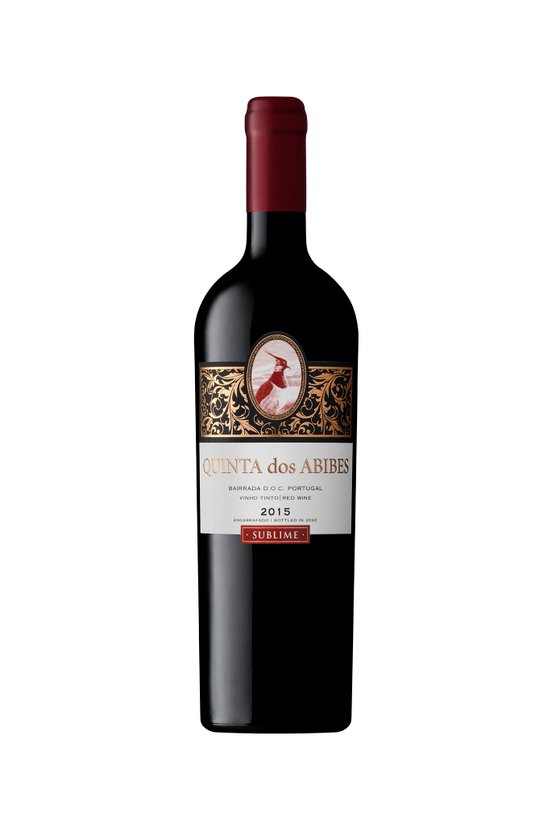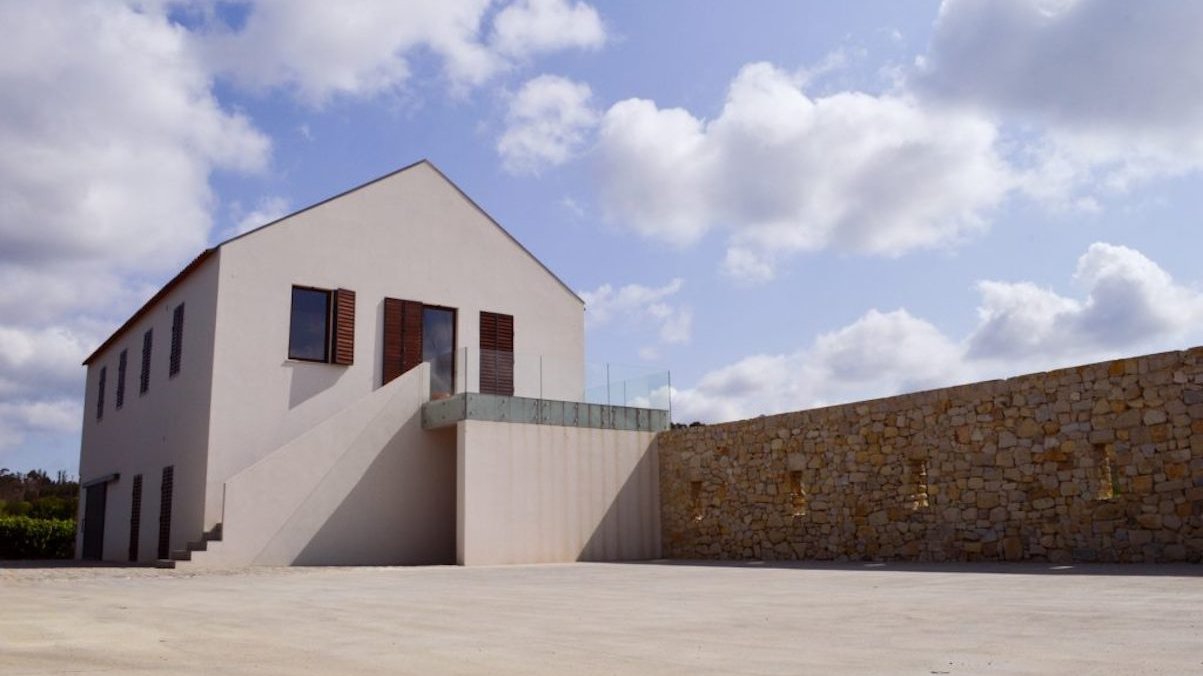Every time Francisco Batel Marques, a native of Ílhavo, went to primary school, he crossed fields invaded by flocks of lapwings, which “migrated at the beginning of autumn and left at the end of winter.” In addition to the particular feathers, there are the vocalizations, similar to laments, that persist to this day in the memory of the producer who, not indifferent to the nostalgia implicit in the choice, baptized the winery project with said bird in mind.
At the table of a restaurant in Lisbon, far from the landscape of Bairrada, the producer and academic presents the esteemed Quinta dos Abibes, a property in Aguim, at the foot of the Buçaco mountain range, which curiously was the “migratory destination” of these birds. . But it is not only the memory of childhood that justifies the name: the fact that it does not have the ‘r’ in its composition makes it “universal” and easily pronounced in any language, which makes clear the aspiration to internationalize the fifth . In addition to teaching at the Faculty of Pharmacy of the University of Coimbra, Batel Marques leads the project to monitor the safety of vaccines against Covid-19 — in Portugal, he is the coordinator of the Portuguese participation in the European project, a consortium of centers in 13 countries, which will last three years.
The estate whose references to wine production date back to the 18th century, and which before the arrival of the producer had been abandoned for about 20 years, houses the 10 hectares of vineyards that give rise to the references of the house inaugurated in 2003: the first The wine is born from the 2006 harvest, but you have to wait until 2017 to make the first harvest with its own winery already in operation (until then, explains Francisco Batel Marques, the wine was made in rented premises).
Looking in the rearview mirror, the complete planting of the vineyard, he says, resulted from “agricultural engineering work” that included drainage and preparation of the land, “in addition to making all the necessary corrections.” The ruins of the existing house were also restored, keeping the original design – a limestone sink with an inscription from 1792 was also found during the work. The Portuguese varieties Touriga Nacional and Arinto are the stars of the company, which used to Berries in the production of sparkling wine. There is still room, and devotion, for two grape varieties stamped on their passports, France’s Cabernet Sauvignon and Sauvignon Blanc.
Francisco’s grandparents had a small property where they made homemade wine for self-consumption, the result of the then traditional mixture of white and red grapes. “Recovering memory, I think it was white from Bical and red from Baga. They mixed everything up. That’s where the initial connection with wine comes from. And I participated in everything, starting with the pruning”. At harvest time, he says, “I loved to throw myself there and step on grapes.” It is following this logic that he says: “Before making wine, I already consumed it”.

The monovarietal Touriga Nacional Quinta dos Abibes Sublime 2015
Quinta dos Abibes was born from Francisco’s desire to make the wines he loves the most. “If I didn’t produce them, they would be the ones I would like to buy,” he shoots, speaking of characteristics such as elegance, the presence of some fruit and little marked astringency. “I don’t like wine with a very low alcohol content, that is in reds.”
The description of preferences follows the presentation of the new wines: Quinta dos Abibes Reserve 2017(Touriga Nacional and Cabernet; aged for 12 months in French oak barrels, half new and half used; 15 euros), Quinta dos Abibes Sublime 2015 (Monovarietal Touriga Nacional, also aged one year in French oak barrels; 55 euros), Arinto Baga Reserve Extra Crude Sparkling Wine 2018 (of which there are only 7,500 bottles left; 16 euros) and Arinto 2011 Sublime Sparkling Wine (which was eight years in the cellar; 60 euros).
Accustomed to the comparisons made between the wine he makes and the subject he teaches in the classroom, he says that they are, in reality, “parallel paths with some points in common.” He is not a winemaker, but the chemical component is so familiar to him, at the end of the meal, when he says that “a winery is a wine factory”. And now diving into topics, Franciso Matel Marques confirms it: yes, in the opinion and experience of the pharmacy professor, wine is still the best medicine, especially his.
Source: Observadora
